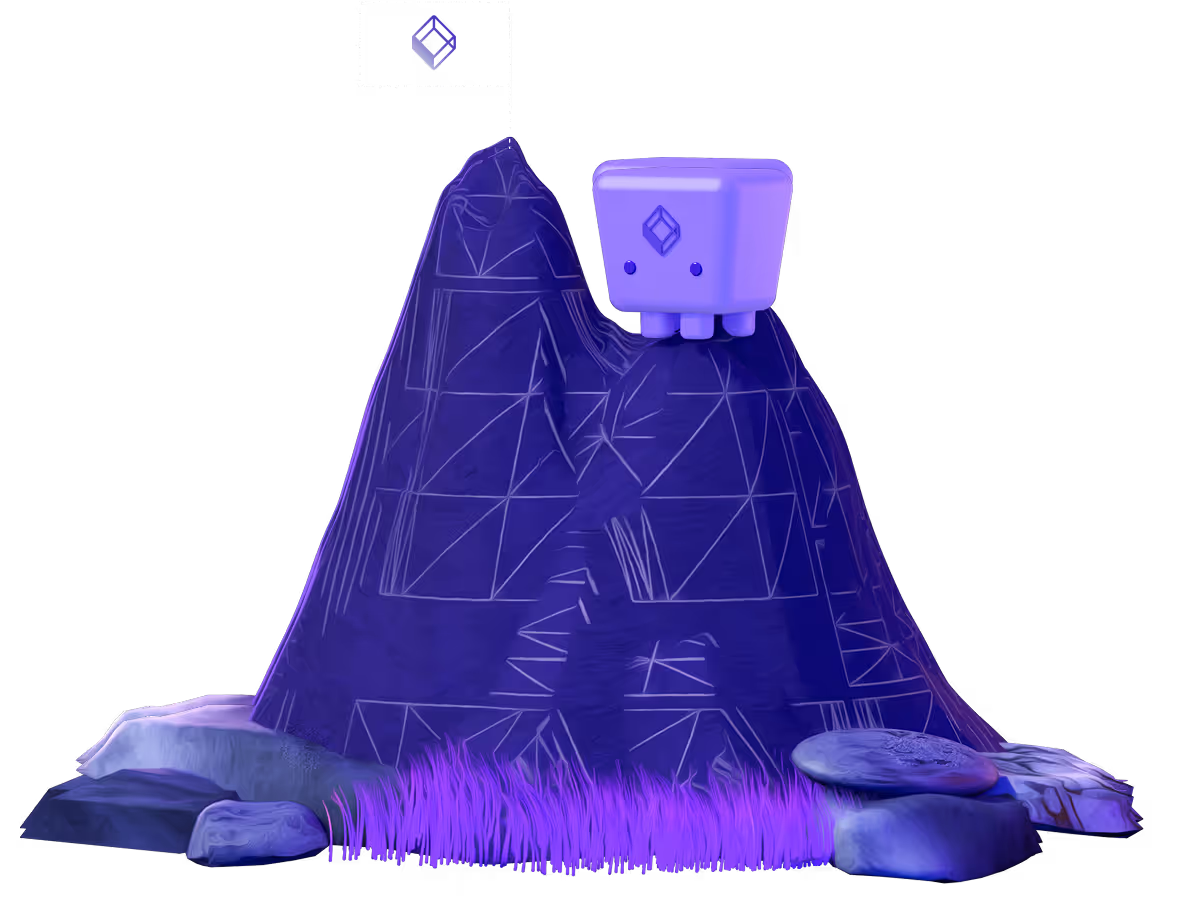Testkube vs. Argo Workflows
Both run natively in Kubernetes, but they serve very different roles. Argo Workflows is a workflow engine designed for general automation, while Testkube is a continuous testing platform purpose-built for orchestrating and executing tests inside Kubernetes.
Testkube’s key advantages over Argo Workflows are:
Testkube is purpose-built for test orchestration rather than generic workflow automation, which includes
- A centralized dashboard & catalogue of all automated tests running in your infrastructure and pipelines
- Root cause analysis and debugging of test executions
- Testing focused Insights and analytics
- Execution engine built for parallelism, modularity and scalability
- Multi-cluster test orchestration
- Native Kubernetes Event Triggers & 3rd party integrations
- AI Tools and MCP

Testkube and Argo Workflows serve different purposes
Argo Workflows
An open source, Kubernetes-native workflow engine that automates multi-step containerized jobs as part of CI/CD pipelines, data processing, or other automation tasks. It’s flexible and powerful, but not optimized for testing.
Testkube
A cloud native continuous testing platform built specifically for Kubernetes. It runs any kind of test inside your clusters, centralizes test results, and provides full visibility, governance, and scalability.
Hybrid Approach
Testkube can trigger tests from Argo Workflows when needed, offering flexible automation strategies. Specifically, when complex workflows are already defined in Argo.
Key Differences
Testkube and Argo Workflows both enable Kubernetes-native automation, but they differ in purpose and specialization.
1. Purpose-built workflow engine
Testkube was designed specifically to leverage Kubernetes for complex test orchestration and execution supporting any automated testing tool across pipelines and infrastructure. Argo Workflows is a generic workflow engine that requires additional scripting and configuration to orchestrate test executions at scale, and is limited in its support for testing concepts such as sharding, matrices and services.
2. Built in Workflow Catalog
Testkube catalogs all your automated tests, with fine-grained access controls across teams, environments and testing tools. Argo Workflows has no such concept that caters to the management of automated tests.
3. Test Observability built in
Testkube automatically collects and aggregates results, logs, resource metrics and artifacts and exposes these in an easy to use dashboard for troubleshooting and advanced reporting. Argo Workflows requires additional scripting for data collection and has no testing-focused visualisation or reporting capabilities.
4. Scalability and governance
Testkube provides RBAC, audit logs, SSO/SCIM integration and fine-grained operational controls. Argo offers basic Kubernetes RBAC without test-specific management or governance.
Platform Architecture
| Architecture Component | Testkube | Argo Workflows |
|---|---|---|
| Core Architecture | Kubernetes-native testing engine | Kubernetes-native workflow orchestrator |
| Purpose | Purpose-built for test execution | General automation and job orchestration |
| Deployment Model | Tests always run in your cluster, Control Plane can be in your cluster or cloud | In your cluster only |
| Test Data Handling | Keeps test data and artifacts within your infrastructure | No data functionality for managing test results |
| Scaling | Testing-aware parallelisation and sharding | Generic parallelisation not build for testing specifically |
| Observability | Built-in dashboards and metrics | Requires third-party monitoring and visualisation tools |
| Security Model | Enterprise-grade RBAC/SSO and compliance | Basic Kubernetes RBAC only |
| Integrations | Native GitHub, Jenkins, ArgoCD, Prometheus integrations | Manual configuration via templates |
Developer Experience
| Developer Tool or Workflow | Testkube | Argo Workflows |
|---|---|---|
| CLI | Testkube CLI for both operators and users | Workflow CLI for operators |
| CRDs | Purpose-built test CRDs | Generic workflow CRDs |
| UI | Visual dashboard with executions and logs | No native UI for testing |
| GitOps Compatibility | Native support for ArgoCD and Flux | Scripting required |
| CI/CD Integration | Jenkins, GitHub Actions, GitLab, etc. | Scripting required |
| Role-Based Access Control | Enterprise RBAC and audit logging | Basic Kubernetes-level RBAC |
| AI & Insights | AI-powered test analysis and summaries, MCP Server | Not available |
Why Teams Choose Testkube
Built for Testing Orchestration at Scale
Testkube is purpose-built for scaling automated testing across teams and orgs
Speed and Performance
Run tests in parallel across clusters to cut execution time from hours to minutes.
Unified Test Observability
Consolidate results, logs, and insights across all tools through a single dashboard.
Integration and Flexibility
Seamlessly integrate with CI/CD and GitOps workflows for continuous testing operations.
Governance and Security
Maintain compliance with built-in RBAC, audit trails, and data sovereignty.
Cost Optimization
Leverage existing Kubernetes infrastructure and avoid the overhead of maintaining separate testing systems.
FAQ
Common questions about Testkube vs BrowserStack
Can I use Argo and Testkube together?
Yes. Testkube can be triggered from Argo Workflows or run independently, allowing you to combine workflow automation and test execution.
Does Testkube use Argo under the hood?
No. Testkube has its own Kubernetes-native execution engine optimized specifically for test orchestration.
Which is easier for QA teams to adopt?
Testkube. It provides CLI, UI, and CRD-based workflows that minimize YAML complexity.
Can Argo replace a testing platform?
Not effectively. Argo is a workflow engine, while Testkube is designed specifically for managing and executing automating tests at scale.


